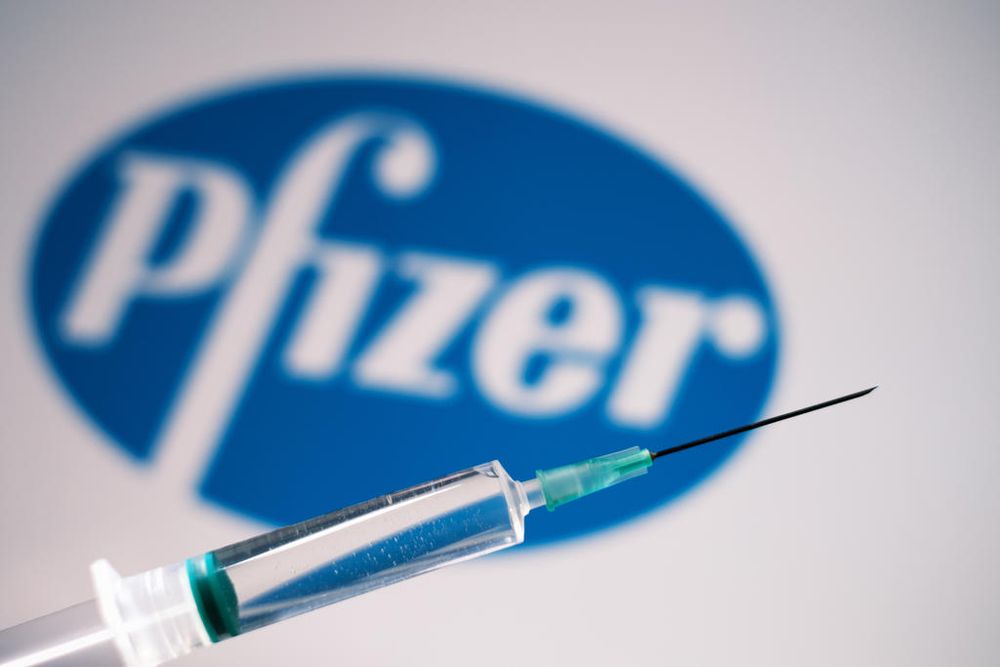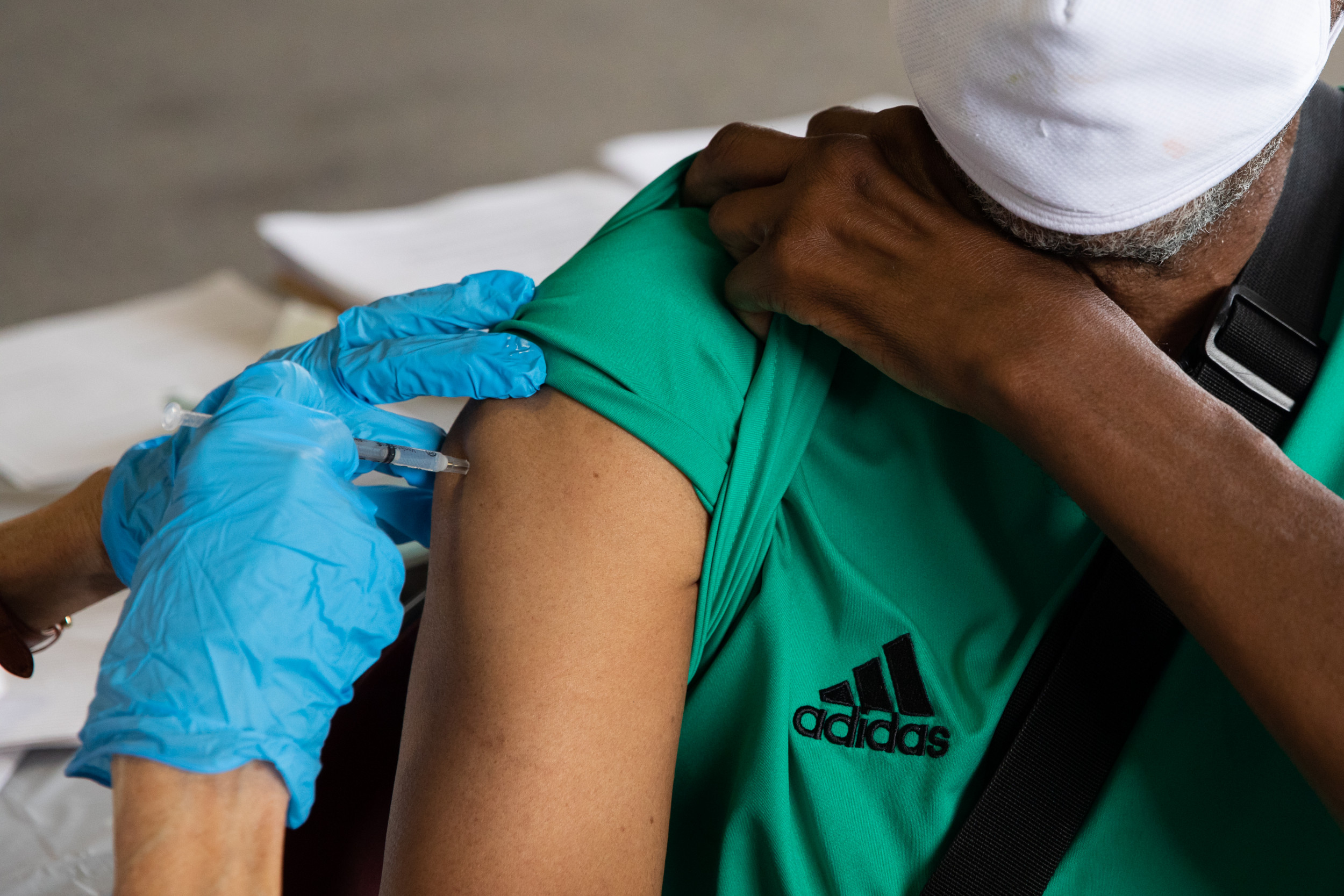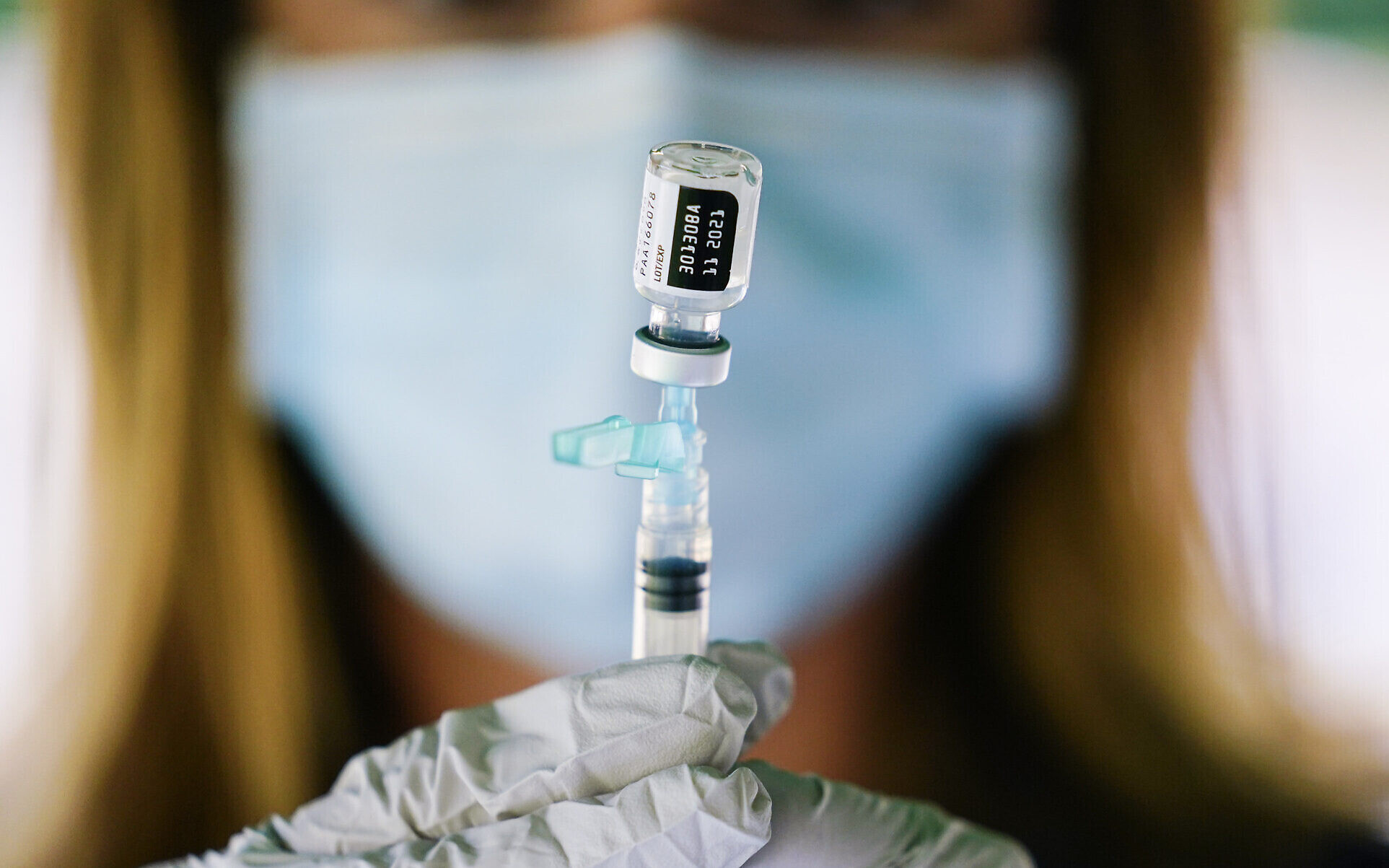



They’re not preventing all infections-that’s what we call “sterilizing immunity,” and that’s actually quite rare. Your immune system nips it in the bud before you get really sick, but you could still end up with a breakthrough infection. The issue is that it takes three to five days or so for your immune cells to start revving up to make antibodies, and in that time the virus can still infect you and replicate-the incubation period with the Delta variant, for example, is about four to five days. Then, if you’re reëxposed to an infection, your memory cells kick into gear, and you get another surge of antibodies. And so the antibodies may drift back down over time, but your memory cells are still there. But that’s not the only part of your immune system that kicks in your immune system is forming a memory response, through memory cells. What we’ve also seen, and this is typical of any vaccine, is that right after vaccination you get a big surge in antibody levels up front. It’s likely because older people’s immune systems are not as young and spry, just like their bones and joints are not young and spry, so their immune systems don’t respond as well to the vaccination. These are findings that have been replicated elsewhere: in the United Kingdom, in the United States, as well as in other countries, we’ve seen a similar pattern. They did not see that decline in younger age groups. What the data from Israel shows is that among older people-the studies define that as over the age of sixty-there is declining protection, from vaccination, against severe disease, hospitalization, and death. But if you look at, for example, the data coming out of Israel about declining vaccine effectiveness over time, it does seem like booster shots may be a solution. When the White House endorsed universal booster shots a few weeks ago, many scientists and doctors-yourself included-were vocally unhappy. (In November of last year, Isaac Chotiner talked to her about efforts to contain the coronavirus’s second wave.) In the course of two conversations, which have been edited for length and clarity, we discussed which populations might benefit from a third shot, the best ways to prevent breakthrough infections, and the possible motives behind the Biden Administration’s approach to boosters. Gounder is an epidemiologist and infectious-disease specialist at Bellevue Hospital and on the faculty of N.Y.U.’s Grossman School of Medicine, and was a member of the Biden-Harris transition team’s COVID-19 advisory board. This week, I spoke with Céline Gounder about the conflicting information about booster doses of the vaccine. also clarified the protocol for those with underlying health conditions: those over the age of fifty should get the booster younger people should consult their doctor.) Once the C.D.C.’s director endorses the recommendations, people who are eligible for the booster doses can begin receiving them immediately. panel subsequently recommended excluding people on the basis of occupation, but the center’s director, Rochelle Walensky, overruled that guidance on Friday morning, saying that frontline workers, including doctors and teachers, should be eligible. authorized booster doses for those who completed their course of Pfizer vaccines more than six months ago, and who are over the age of sixty-five or otherwise at high risk, owing to health or occupation. Critics argue that the data do not support the need for a third shot in most populations exceptions include the elderly and the immunocompromised. The two top officials in the F.D.A.’s Office of Vaccines Research and Review announced their plans to leave the agency after reportedly disagreeing with the White House’s approach, and the World Health Organization scolded the United States for considering administering third doses while poorer nations still have vaccination rates in the single digits. Even among the staunchly pro-vaccine, this announcement met with resistance. In August, the White House introduced an ambitious plan to start providing booster doses of the COVID-19 vaccines to all American adults.


 0 kommentar(er)
0 kommentar(er)
